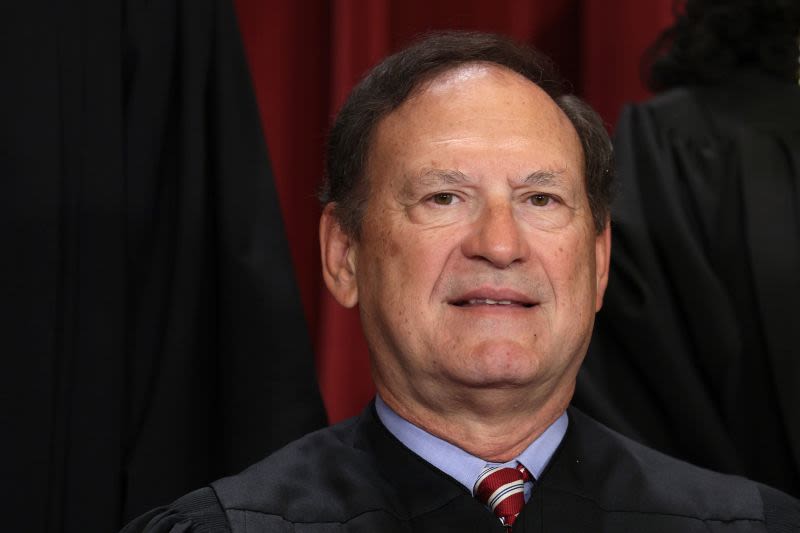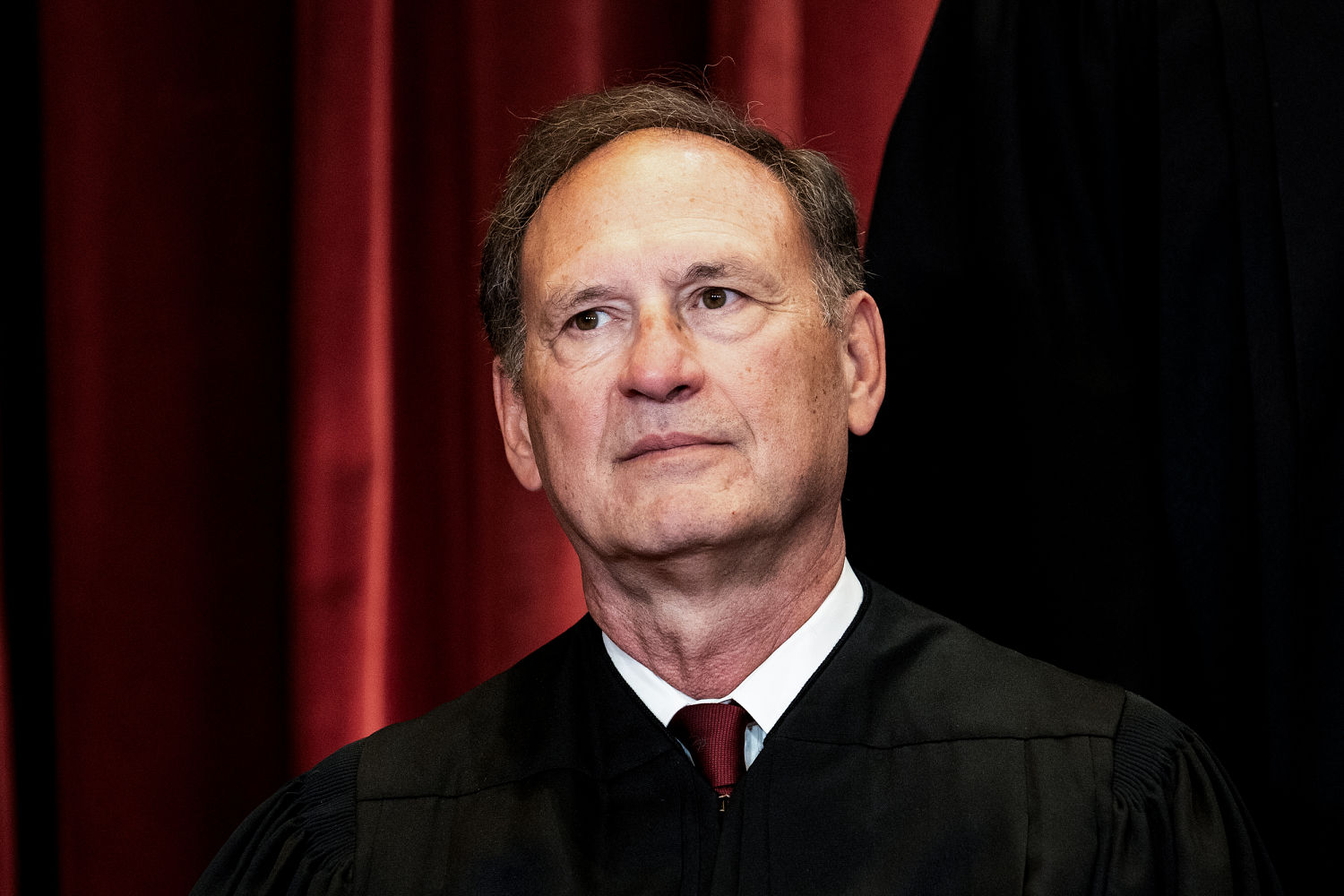The recent Supreme Court session delved into a case with significant national implications concerning abortion rights, sparked by Idaho’s near-total ban conflicting with a federal law safeguarding emergency medical care. U.S. Solicitor General Elizabeth Prelogar emphasized the fundamental guarantee of the federal law, ensuring that individuals arriving at an emergency room in dire need receive essential stabilizing care. At its core, the case revolves around applying this guarantee to pregnant women facing medical crises.
During the hearing, Justice Samuel Alito, notable for his involvement in the Dobbs ruling that overturned Roe v. Wade, raised a critical point about the federal law’s reference to the “unborn child.” He questioned the suitability of this terminology in a statute mandating abortion procedures, suggesting that such language contradicts the duty of hospitals to preserve life. Prelogar countered this by contextualizing the law’s intent, citing past instances where pregnant women faced health risks to their fetuses but were denied necessary treatment.

Alito Worries About “Unborn Child” in Abortion Talks (Credits: CNN)
Alito’s inquiry brought attention to the concept of “fetal personhood,” a notion advocating for rights for fetuses. This discussion underscores that anti-abortion activists seek more than just overturning the constitutional right to abortion; they aim to establish affirmative prohibitions against it. Despite adept legal arguments, the composition of the Court, predominantly Republican leaning at 6-3, suggests that the outcome may favor restrictive measures on abortion rights.
The exchange during the hearing highlighted the intricate legal battles surrounding abortion rights post-Dobbs. The Idaho law, enacted in the aftermath of the Dobbs ruling, imposes severe penalties and disrupts healthcare services, forcing women to seek care in other states.
Moreover, recent arguments in cases like the mifepristone appeal indicate that these legal battles are far from over. Regardless of the rulings expected by late June, the repercussions of the Dobbs decision continue to reverberate, shaping the ongoing debate over abortion rights in the United States.























